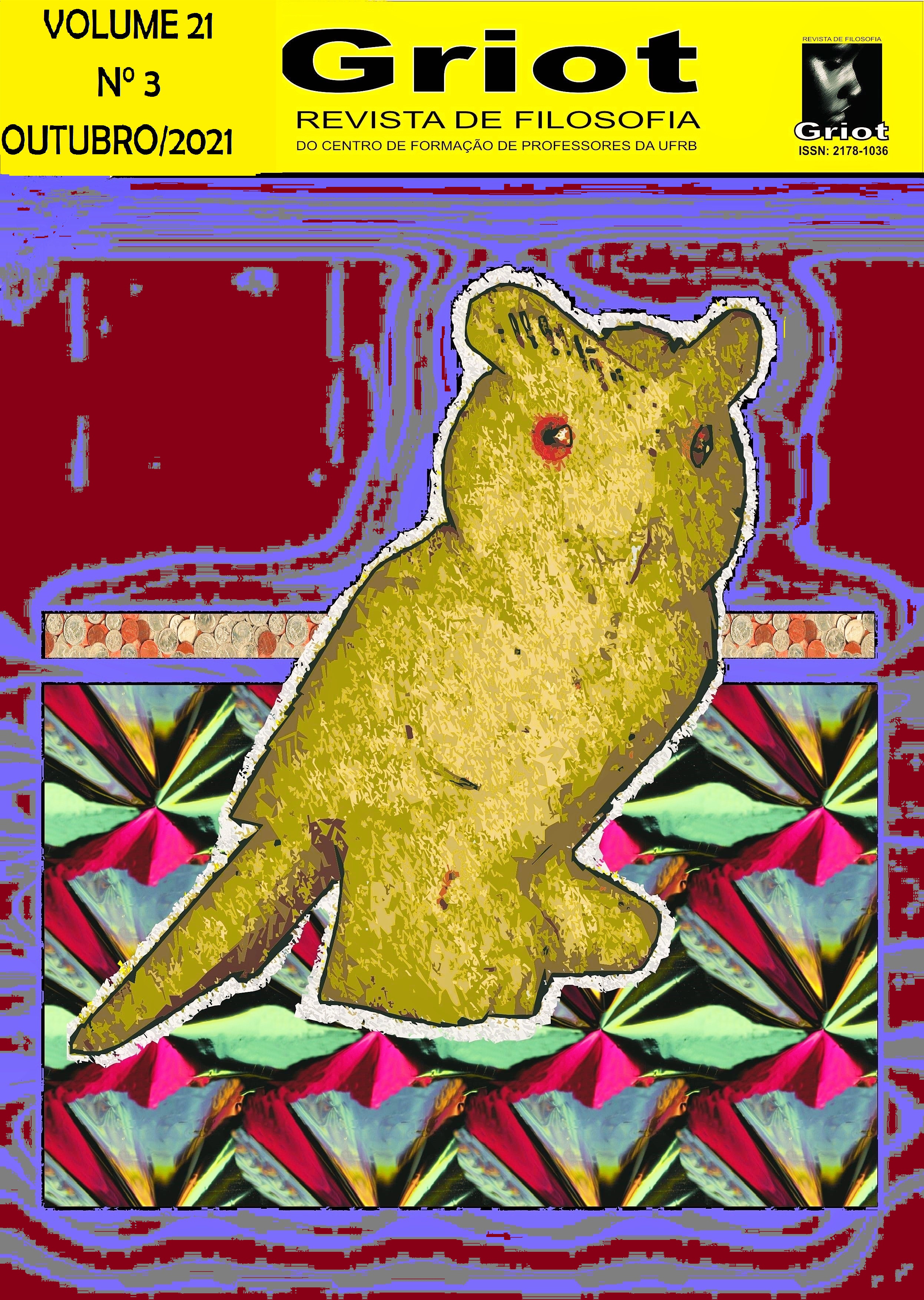The problem of language in Hegel: three readings from the Encyclopedia of Philosophical Sciences (1817)
DOI:
https://doi.org/10.31977/grirfi.v21i3.2393Keywords:
Language; Hegel; Resistance; Dialectics.Abstract
In this work we review a set of readings of Encyclopedia of the Philosophical Sciences (1817) –late text of Hegel's work, in which he presents his philosophical system in a completed and finished manner–: La respiración del ser from Germán Prósperi, "Hegel’s Linguistic Thought in the Philosophy of Subjective Spirit. Between Kant and the Metacritics” from J. Surber y “Sign and Symbol in Hegel's Aesthetics from Paul de Man. We propose to emphasize in three aspects analyzed by Hegel in the section on the “Subjective Spirit”: memory, imagination and remembrance. We will also make reference to Science of Logic (1812) in which Hegel develops the importance of dialects for philosophy. Our aim is to relate the three aspects mentioned above with Hegel's theorizations of language and nomination, in order to stress that these conceptualizations implies within his philosophical system.
Downloads
References
DE MAN, Paul. Aesthetic ideology. Minneapolis: Yale University Press, 1996.
DE MAN, Paul. The Resistance to Theory. Minneapolis: University of Minnnesota Press, 2002.
HEGEL, George Wilhelm. Enciclopedia de las ciencias filosóficas en compendio. Madrid: Alianza Editorial., 2005.
HEGEL, George Wilhelm (2011). Ciencia de la lógica. Madrid: Abada Editores, 2011.
PRÓSPERI, Germán Osvaldo. La respiración del Ser. Apnea y ensueño en la filosofía hegeliana. Buenos Aires: Miño y Davila Editores, 2018.
STERN, David (Ed.). Essays on Hegel’s Philosophy of Subjective Spirit. Albany: State University of New York Press, 2013.
Downloads
Published
How to Cite
Issue
Section
License
Copyright (c) 2021 Federico Cortés

This work is licensed under a Creative Commons Attribution 4.0 International License.
The authors who publish in Griot: Revista de Filosofia maintain the copyright and grant the magazine the right of first publication, with the work simultaneously licensed under the Creative Commons Attribution 4.0 International License, allowing sharing and adaptation, even for commercial purposes, with due recognition of authorship and initial publication in this journal. Read more...









































































